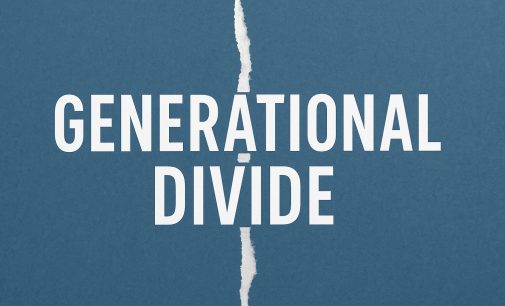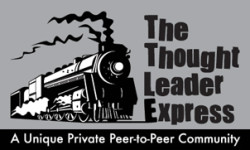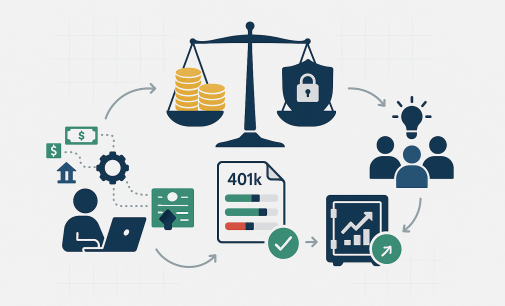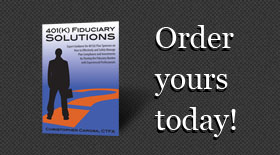The key is embedding quantitative prompts inside onboarding experiences so participants perceive personalization while fiduciaries collect the data they actually need.
Tag "401k"

Risk capacity anchors 401k advice in hard data—income stability, net worth, liquidity, and retirement timeline. Unlike tolerance, which shifts with market moods, capacity reflects what participants can afford to lose, aligning with ERISA’s fiduciary duties.

Viewing this content requires a Basic (Free) Membership or better. You are not currently logged in. If you have an account, you may login below, or use the “Log In”

For fiduciaries, the comparison process must go deeper than surface-level performance. Yield is important, but transparency, diversification, and liquidity provisions matter just as much.

How can fiduciaries bridge the generational divide in 401k communication without inviting ERISA scrutiny? The strategies that follow may prove transformational.

With Supreme Court scrutiny looming, comparator standards could either narrow or widen 401k fee litigation. Plan for both outcomes now.

Such hesitation shifts the spotlight back to fiduciary fundamentals. New rules may widen the menu, but ERISA doesn’t relax the obligation to fully understand and monitor what’s offered.

Plan sponsors are more likely to stay with—and recommend—a provider that demonstrates a clear commitment to safeguarding accounts against evolving threats.

But good habits alone aren’t enough. As cyber threats evolve, fiduciaries must look ahead—promoting cutting-edge tools that can outpace tomorrow’s attackers.











5 Underreported 401k Stories From The Summer Of 2025
Not all impactful changes come from courtrooms or market forecasts. Sometimes the quietest adjustments happen in the administrative framework of retirement plans. This summer, two such moves stood out as underreported 401k stories that carry both promise and peril for fiduciaries.